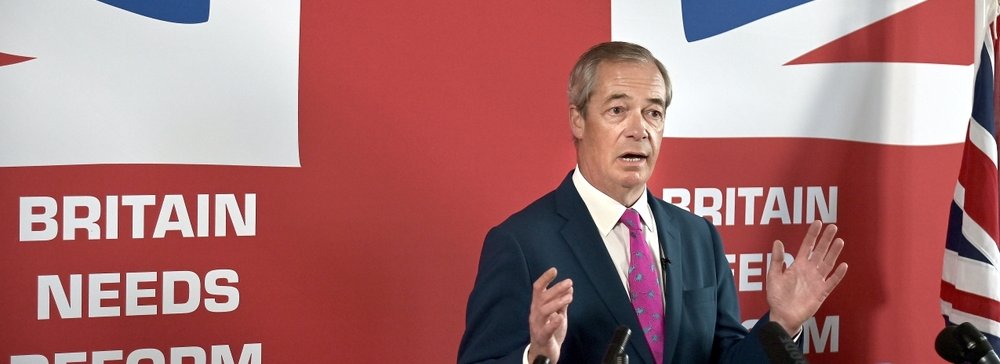| 1 min read
This article examines the social base of support for Reform UK. Did Nigel Farage's new party depend on the same types of ‘left behind’ voters who had previously backed UKIP? Do the results of the 2024 election suggest a hardening of the social divides that underpinned the rise of UKIP? Or has Britain's Eurosceptic and anti-immigration movement broadened its social appeal, making these lines of conflict between different social groups less distinctive? Using a newly created dataset mapping election results from 1997–2019 onto the constituency boundaries which came into force for the 2024 election, and individual level data from the British Election Study Internet Panel, the findings presented here reveal remarkable continuity between the places that previously backed UKIP and those which now back Reform. Even though the salience of Brexit as an electoral issue has faded, there is little to indicate that the divides that underpinned support for leaving the EU have dissipated.
Need help using Wiley? Click here for help using Wiley










